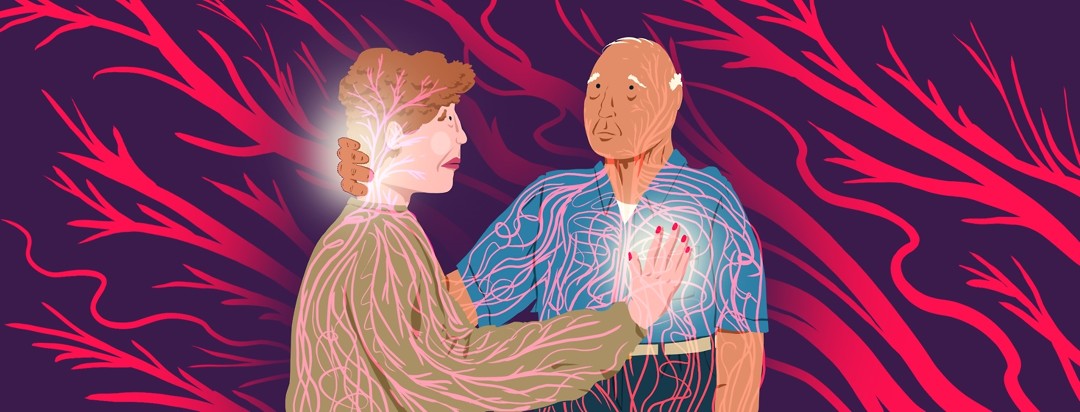Alzheimer’s & Diabetes—Is There A Connection?
I am a person with diabetes, type 2 to be specific. As far as I’m aware, I am the first to have Type 2 in my family. There is a great grandmother however that had Type 1, juvenile onset. When I was diagnosed my fear became for my children and future generations because of the genetic coding that had now been unlocked. They are at higher risk for developing it. Over the years, as I became more educated about diabetes, I also learned about the connection to Alzheimer's disease. My dad had been diagnosed, lived with, and died from Alzheimer's. Imagine my shock, my fear over what I now know.
Alzheimer's risk factors
The connection appears to be multifaceted. I borrow a quote from another article found on AlzheimersDisease.net about preventing Alzheimer's, which includes a number of risk factors:
“Many of the same risk factors for cardiovascular disease are also risk factors for Alzheimer’s disease: diabetes, obesity, high blood pressure (hypertension), high blood sugar, excessive alcohol consumption, smoking cigarettes, sleep apnea, and high cholesterol. There are multiple studies finding associations between the previously mentioned risk factors and cognitive decline.”
How does this apply? Let me explain. When a person is diagnosed with diabetes, the discussion always includes the effect of diabetes on the heart, blood vessels, and blood circulation. Uncontrolled diabetes can lead to poor outcomes for the heart and blood vessels. Poor blood flow or poor cardiac health are obviously going to have an effect on the brain. The connection between the three is strong. The strength of that connection significantly raises the risk of developing Alzheimer's.
Am I at a higher risk for Alzheimer's?
So now I know I am at higher risk for Alzheimer's. I also now know that there is a higher risk genetically - other members of my family to be diagnosed with both diabetes and Alzheimer’s. There are some factors that may lessen the risk when I look back at my dad’s medical history. More than 10 years before Dad was diagnosed with Alzheimer's, he had a fall. A terrible fall. One that caused a subdural hematoma. Dad was on blood thinners at the time which didn’t help the matter. He was hospitalized after the fall and within a very short time - less than 24 hours - it was apparent there was bleeding in his brain. The doctors did emergency surgery to repair the hematoma. It was a number of years after this that the changes in Dad began his path to Alzheimer's. Although Dad was never obese, I remember that he did struggle with his weight for many years, but he did not have a diagnosis of diabetes. He enjoyed more than his share of adult beverages. When he was first diagnosed, the doctor clearly reminded him that alcohol is a poison to the brain. Dad struggled with his blood pressure. I guess I could say there were many risk factors for Dad but the most significant of all was the head injury.
Do I want to learn more about my risk for Alzheimer's?
I know that I can find out more about what my risks are for Alzheimer’s by having genetic counseling done. I haven’t yet had the courage. I’m not sure I want to know if I’m at a higher risk for Alzheimer’s than my thoughts can imagine. Given there wouldn’t be much I could do to change that trajectory, what would I do with the information? Am I fearful? Yes. Am I panicked? No. There are differences between Dad and me. Yes I am diabetic, but I am controlled. I drink very little alcohol. My blood pressure is exactly where it should be in the healthy range. My cardiac status is very healthy. And I haven’t had a major head injury. I will say, I have bumped my noggin a number of times over the years, and I understand that - cumulatively - that may be important in the end. But again, I can't do anything about those things.
All I can do from here is to educate my family so they can educate future generations. All I can do now is hope for the best.
Community Poll
Have you had difficulty keeping your loved one hydrated?

Join the conversation